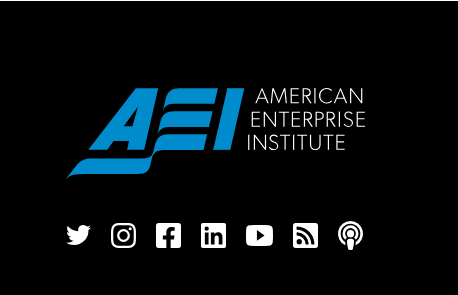
作者/Author(s): Audrye Wong
網站來源/Source: American Enterprise Institute
日期/Date: 06/16/2025
關鍵字/Keywords: 經濟、中國、市場
摘要:
外國企業曾從中國市場獲得可觀利潤,但也因政治因素,很容易受到經濟懲罰。這些懲罰展現了北京利用市場力量推動戰略利益與壓制批評的意願與能力。
- 經濟國策並非新興概念,也不是只有中國才會使用。然而,相較於其他國家政府,中國更不顧忌將市場力量武器化,作為對企業的連帶懲罰,尤其針對其母國政府在主權、領土爭議及人權議題上的立場與行動。
- 中國透過煽動民族主義情緒及鼓動抵制外國商品,來武器化其市場。中國也會對企業領袖施加政治壓力,促使其遊說母國政府改變對中國不利的政策,或展現更多善意與配合。
- 馬斯克(Elon Musk)正是中國市場政治影響力的最佳案例。
- 馬斯克旗下的特斯拉在上海設有大型製造廠,受益於中國政府提供的優惠政策與法律支持,並高度依賴中國的營收與資源來生產產品。
- 馬斯克自稱「親中」,經常稱讚中國領導人與科技進步,並遵從北京的要求,在美國發揮其商業與政治影響力,或在其他地區限制部分服務內容。
- 中國確實握有對馬斯克的政治槓桿,也曾將特斯拉作為與美國談判的籌碼。然而,中國政府在向馬斯克施壓時也很謹慎,避免引起馬斯克的反彈。
- 雖然川普第二任期任命馬斯克領導「政府效率部」(DOGE),但考慮到川普本身對中強硬立場及其鷹派內閣成員,馬斯克對川普的中國政策實質影響很有限。
- 然而,市場力量並不總能轉化為政治影響力。這種權衡利誘與懲罰的策略若使用過度,恐導致外國企業加速撤出中國市場,反而損及中國自身長遠的經濟發展。
Summary:
Foreign companies profited greatly from sales in the Chinese market, but due to political factors, they were also prone to economic punishment. These punishments demonstrated Beijing's will and capability to leverage its market power to advance its strategic interests and suppress criticisms.
- Economic statecraft is not new, and it is not only China that uses it. However, unlike other governments, China is not shy about weaponizing its market power to coerce companies as collateral punishment for the policies and actions of its home government, particularly on the issues of national sovereignty, territorial disputes, and human rights.
- China weaponized its market by fueling nationalism and inciting boycotts of foreign goods. Furthermore, China also exerted political influence on business leaders to persuade their home governments to reverse policies unfavorable to China or accommodate China more.
- Elon Musk is the best example of the political influence of Chinese market power.
- Musk's Tesla had a large manufacturing plant in Shanghai, which benefited from preferential government policies and legal support. Furthermore, it relied heavily on Chinese revenue and sources to make its products.
- Musk described himself as pro-China and frequently praised Chinese leaders and technological advancement. Furthermore, he adhered to Beijing's demands by exerting his business and political influence in the U.S. or restricting some services in other areas.
- China certainly had political leverage over Musk and had used Tesla as a bargaining chip in negotiations with the U.S. However, Beijing was cautious in pressuring Musk, fearing a backlash.
- Although Trump appointed Musk to lead DOGE in his second tenure, Musk is insignificant in shaping Trump's China policy, given the president's strong China hawk stances and cabinet.
- Nevertheless, market power does not always guarantee political influence due to the precarious balance of carrots and sticks. If China overextends its economic coercion, foreign companies may leave the Chinese market, worsening the Chinese economy in the long run.
